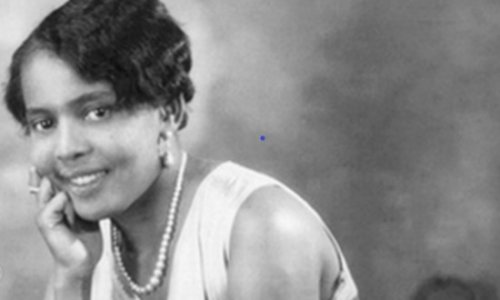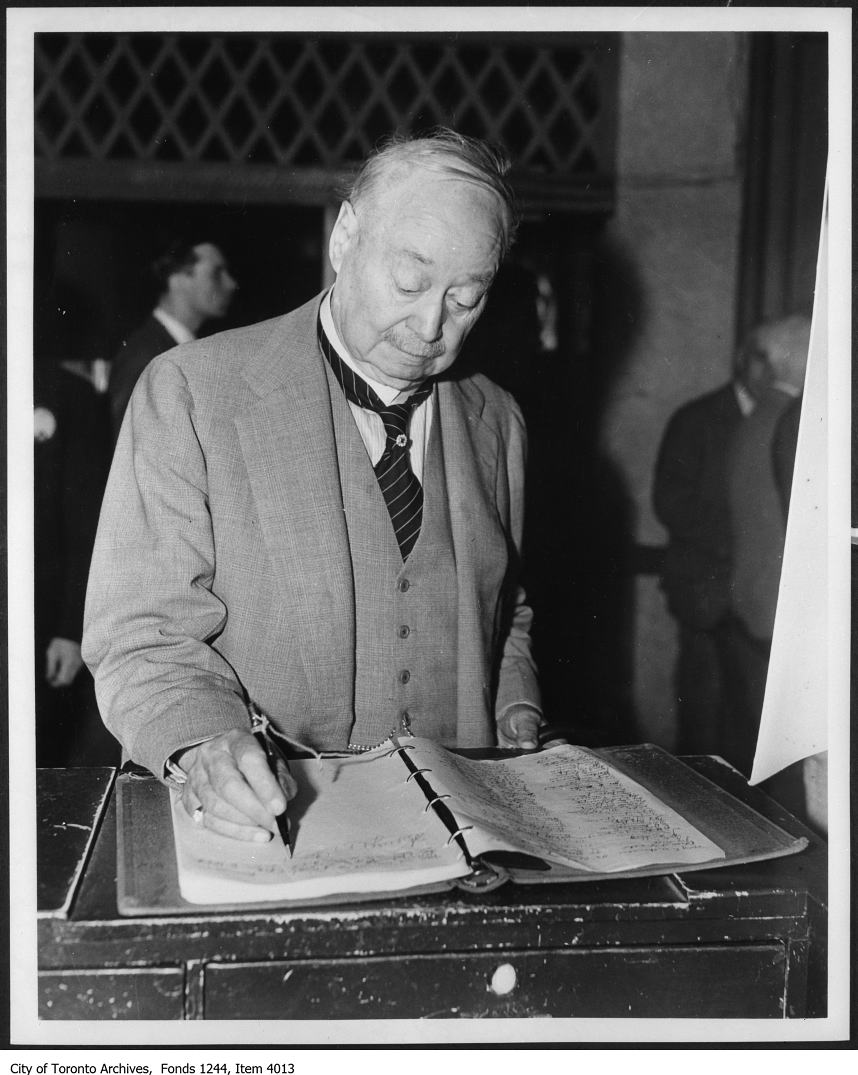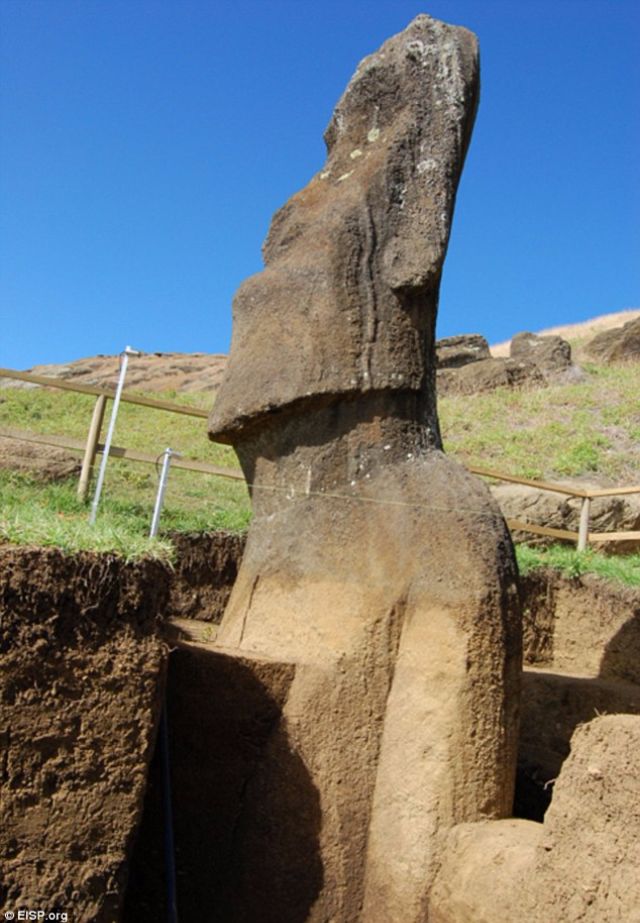Not so. According to Wikipedia:
"
Photos of the model Olya Gussy costumed as Betty Boop, taken by Russian-based studio Retro Atelier in 2008, are regularly misidentified as Esther Jones.
An older photo often purported to show Jones went viral when it was distributed by the official Betty Boop Checks website.
[48] The image was actually a
James Van Der Zee photo of an unidentified woman.
[49]
Admission of mistake
In 2021, a 2015 article by
PBS, which had been used as "confirmation" of the "Baby Esther was the original Betty Boop" story by many people, was removed from the PBS website. PBS retracted the story, admitted that the "Baby Esther" portion of the article was never true, and apologized for spreading misinformation.
[50]
The photos in the post above were taken in 2008 of Olya Gussy. The photo below was taken of Esther Jones.

According to
The Story Of Harlem's Baby "Betty Boop" Esther
"
The Story Of Harlem’s Baby “Betty Boop” Esther 1918-1920’s (Updated)
Esther Lee Jones, born c. 1918- by her stage names “Baby Esther”, “Little Esther”, and other similar variations, was a
Harlem singer and child entertainer of the late 1920s.
Known for interpreting popular songs with a “mixture of seriousness and childish mischief”. After gaining attention in her hometown of Chicago, she became an international celebrity before leaving the public spotlight as a teenager.
In 1932, when singer Helen Kane sued Fleischer Studios, claiming that they had appropriated her persona for the voice of the cartoon character Betty Boop, the studios defended themselves by arguing that Kane’s style of singing—characterized by her baby voice and use of the phrase “boop-boop-a-doop”—was not her own invention.
Theatrical manager Lou Bolton testified during the
Kane v. Fleischer trial that Kane saw Baby Esther’s cabaret act in 1928, in which Esther used interpolated words such as “boo-boo-boo” and “doo-doo-doo”. An early test sound film of Baby Esther’s performance was used as evidence. Other evidence introduced at the trial included a recording by the Duncan Sisters and testimony from performers such as Bonnie Poe, Margie Hines, and Little Ann Little, who testified that she had been singing in a baby voice and using interpolations such as “bo-de-o-do” for several years. The court ruled against Kane."













